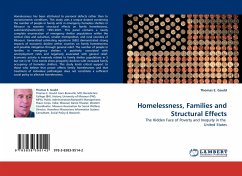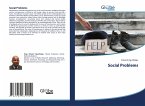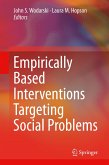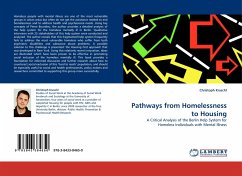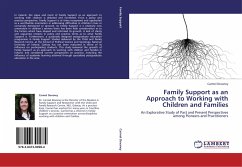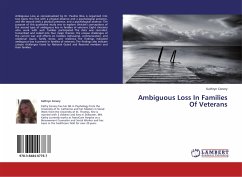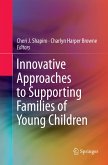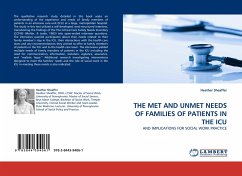Homelessness has been attributed to personal defects rather than to socioeconomic conditions. This study uses a unique dataset containing the number of people in family units in emergency homeless shelters in Missouri to examine structural effects on family homelessness, summers(S)/winters(W), 1993-2001. This panel contains a nearly complete enumeration of emergency shelter populations within the central cities and suburban, smaller metropolitan, and rural counties of Missouri. Generalized estimating equations (GEE) demonstrated strong impacts of economic decline within counties on family homelessness and possible mitigation through general relief. The number of people in families in emergency shelters is positively associated with unemployment rates and negatively associated with general relief. Economic activity is inversely related to family shelter populations in S but not in W. Time trends show prosperity declines with increased family occupancy of homeless shelters. This study lends critical support to those who believe that power affects family homelessness and that treatment of individual pathologies does not constitute a sufficient social policy to alleviate homelessness.
Bitte wählen Sie Ihr Anliegen aus.
Rechnungen
Retourenschein anfordern
Bestellstatus
Storno

